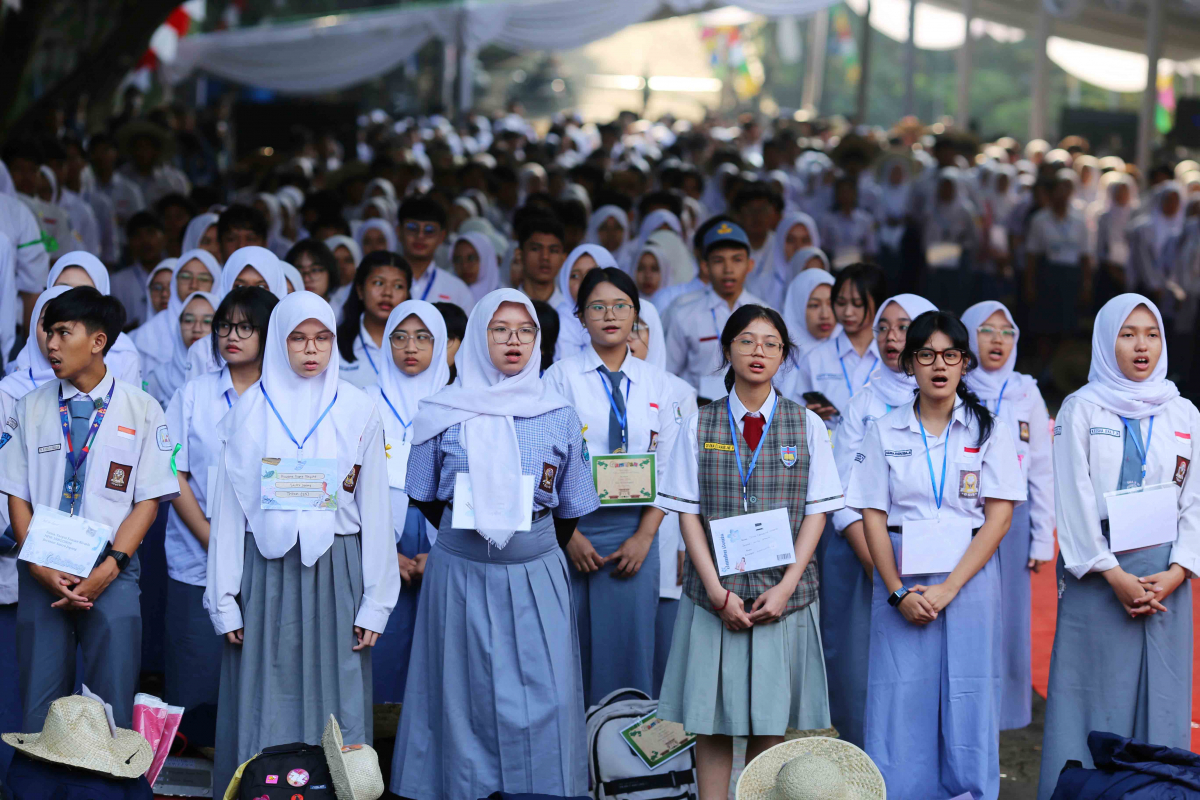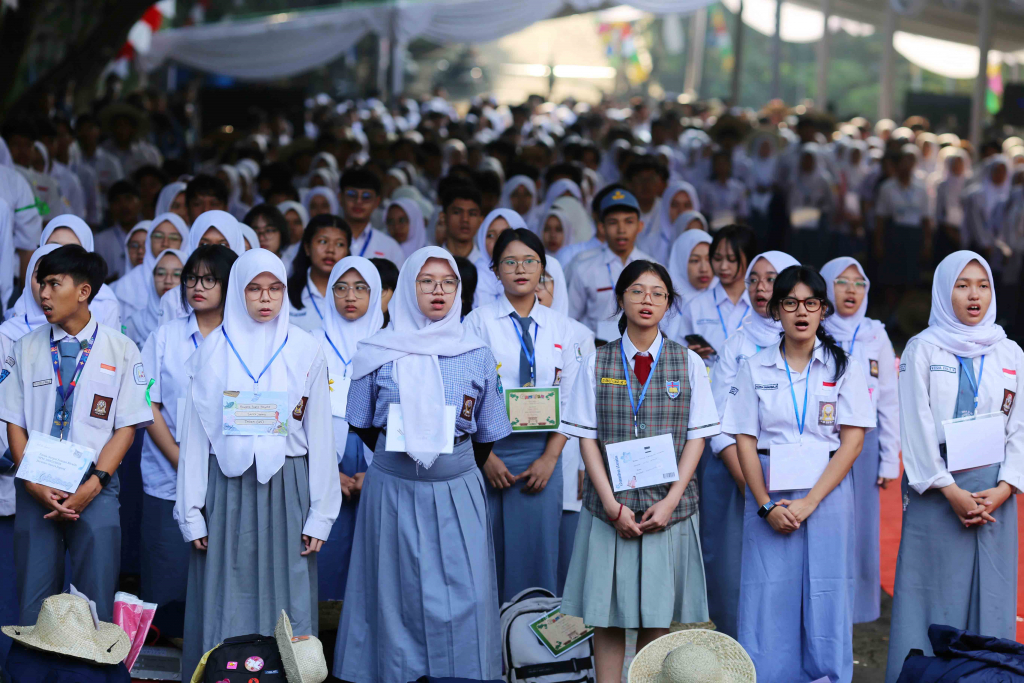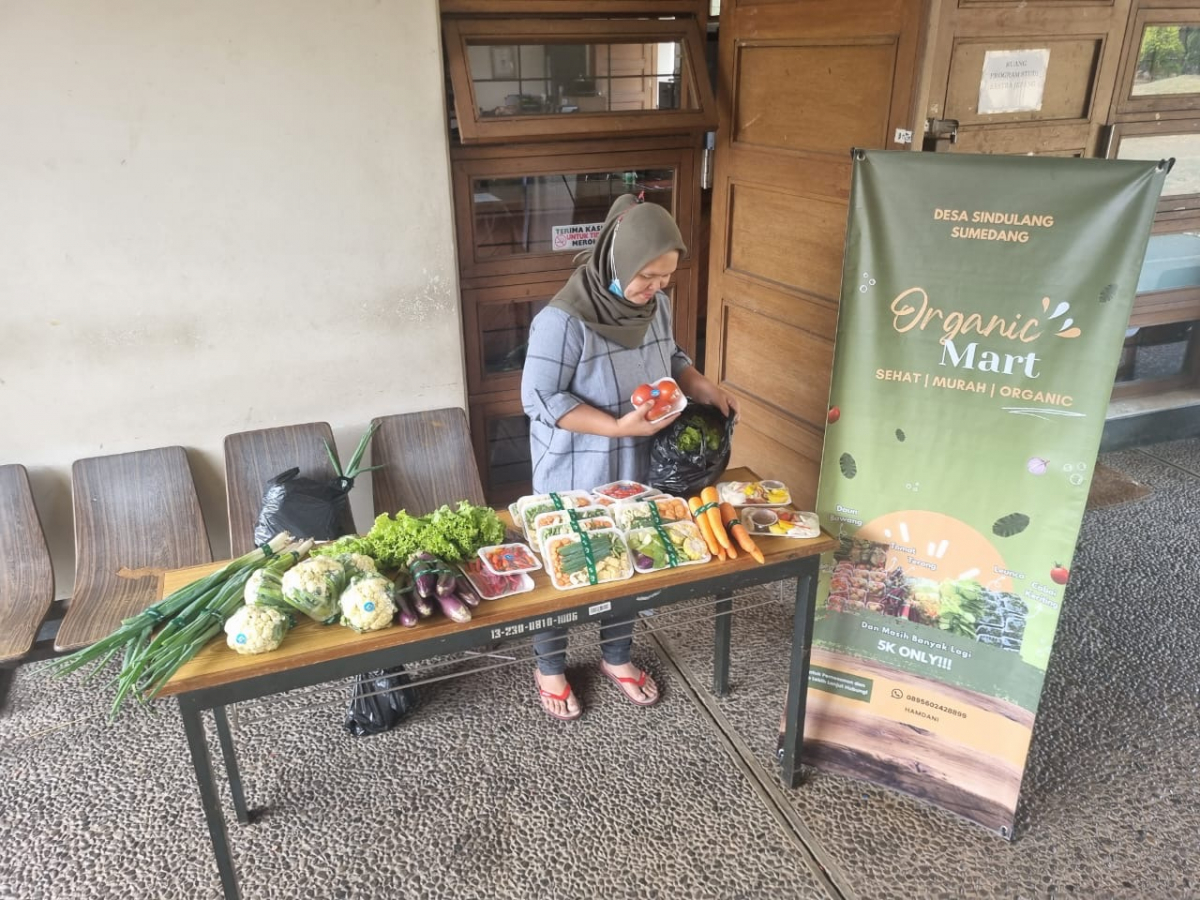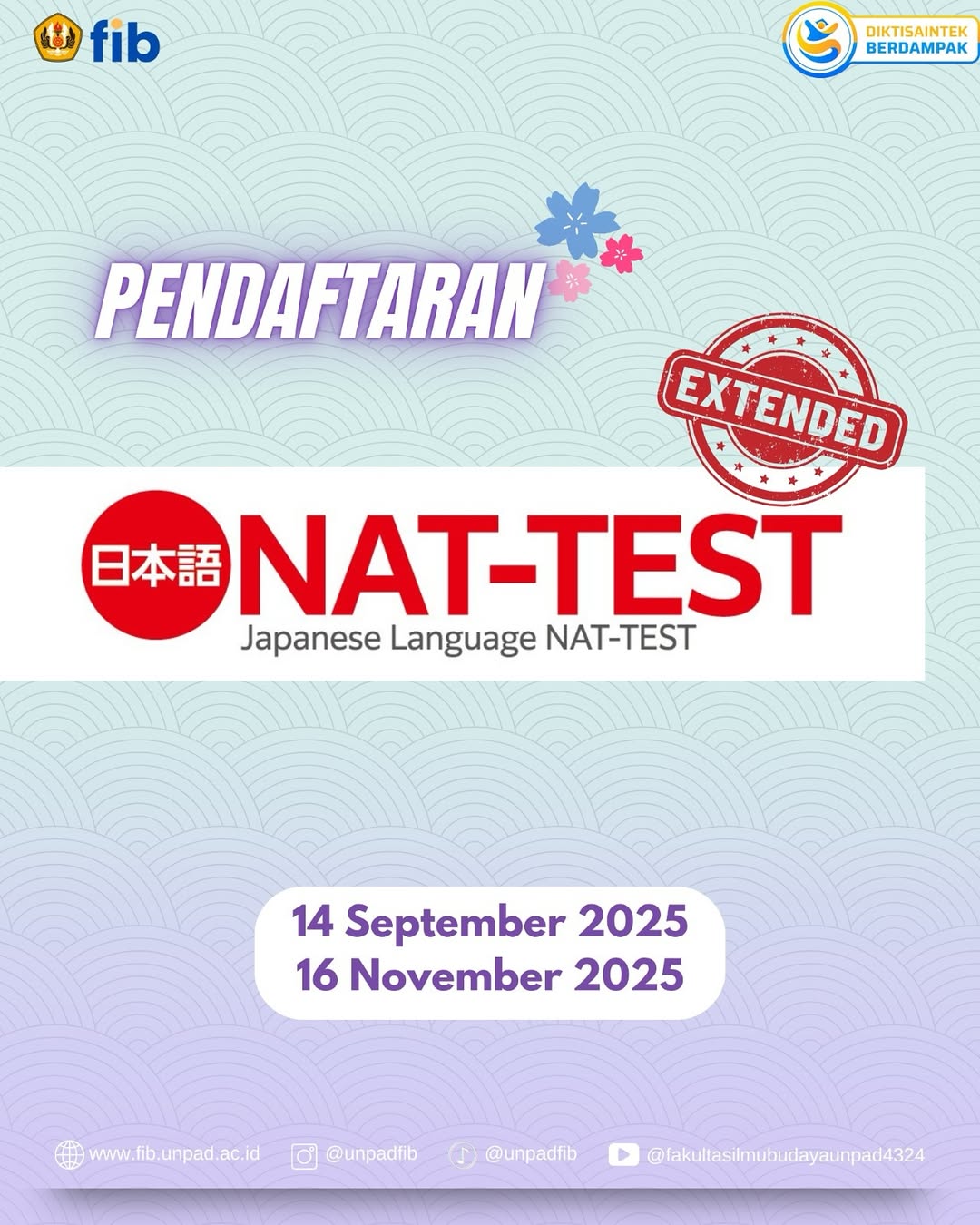
Female Students Account for 71.6% of the Total Population at FIB Unpad (2023–2025)
BANDUNG – Demographic data on students at the Faculty of Cultural Sciences, Universitas Padjadjaran (FIB Unpad) for the 2023–2025 period reveals a significant trend: the dominance of female students across almost all levels of education. Out of a total of 1,198 active students, 858 of them—or 71.6%—are female, while 338 are male (28.2%).
The data, released by the Academic and Student Affairs Office of FIB Unpad, provides a clear picture of the gender composition in the faculty that hosts various humanities programs. This composition appears consistent across regular programs such as Undergraduate, Master’s, and Doctoral, as well as the Vocational program.
The highest number of female students is recorded at the Undergraduate (S1) level, with 746 female students compared to 306 male students. This means that 70.9% of FIB Unpad’s undergraduate population is female.
A similar trend can be seen at the Master’s (S2) level, where women make up 75.8% of the total population (47 out of 62 students). At the Doctoral (S3) level, the percentage of female students is even higher, reaching 70% (14 out of 20 students).
The Applied Undergraduate Program (D4) reflects the same tendency. Of the 62 students enrolled, 51 (82.3%) are women, while 11 are men.
The high interest and participation of women in the humanities and cultural studies at FIB Unpad is a noteworthy phenomenon. This data indicates that the fields of humanities and culture hold a strong appeal for women. FIB Unpad sees this as a great potential. We are fully committed to creating an inclusive, safe, and supportive academic environment for all members of the academic community, regardless of gender, to achieve their best potential.
This commitment is manifested through various initiatives, including anti-sexual violence policies, academic counseling, and support for organizations and research driven by female students.
The student population—comprising entrants from various admission pathways such as SNBT, UTMB, SMUP, and International Students—also shows that the trend of female participation is evenly distributed across diverse backgrounds of selection. Going forward, FIB Unpad will continue to monitor and analyze this data while strengthening programs that support gender equality and equity, ensuring that every student has equal opportunities to grow and become outstanding graduates of character.
Red. Gilang Januarsyah




